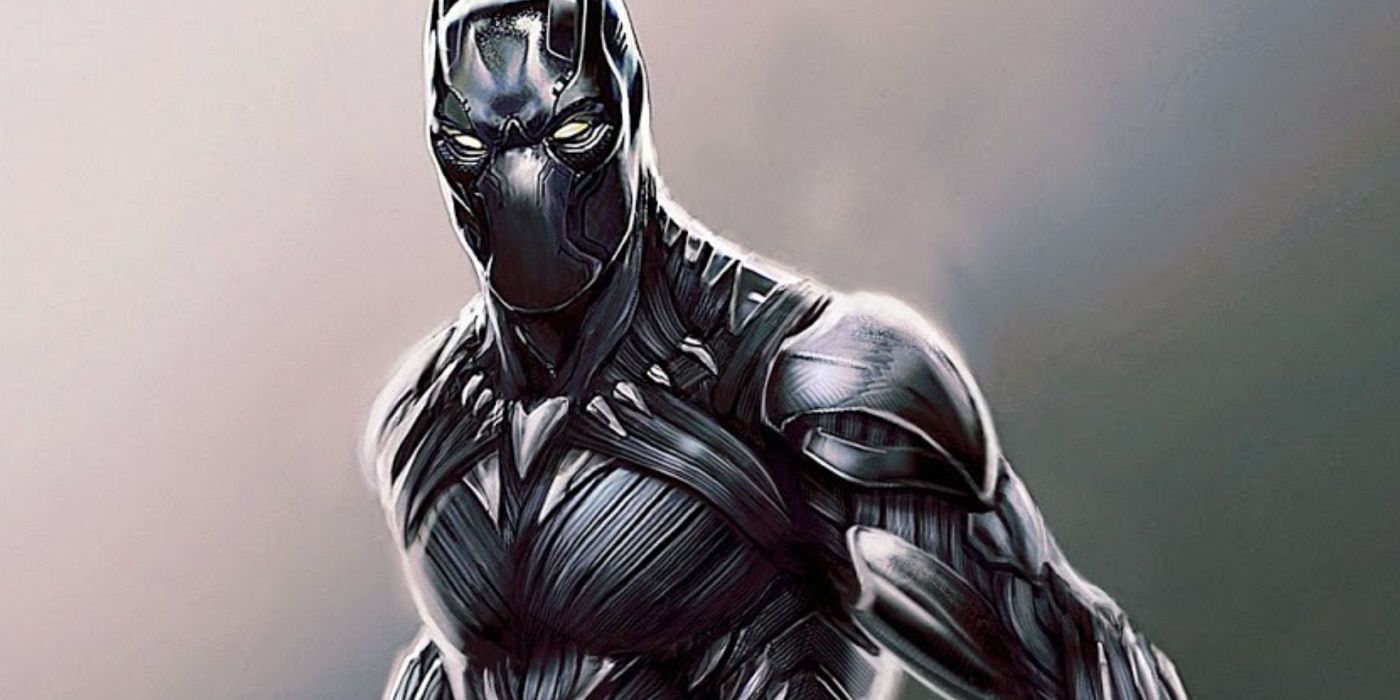Coming out of Captain America: Civil War, this year’s hit superhero film from Disney and Marvel Studios, fans and critics alike could not stop raving about the universe’s two new characters: Spider-Man (Tom Holland) and Black Panther (Chadwick Boseman). While the film itself was vey well-received, the positive buzz surrounding the Marvel Cinematic Universe newcomers served to surpass the expectations of even some of the studio’s most diehard fans.
Hot on the heels of the filmmaker’s recent hit Creed, it appears as though Ryan Coogler is rising the ranks, becoming one of Hollywood’s premiere, young directors. Given the reins to one of Marvel’s most anticipated upcoming comic book films (Black Panther), Coogler is serving to excite an entire fanbase about a character that many casual moviegoers have never even heard of before Civil War. That being said, Black Panther is more than just a film; it is an important statement about diversity in a genre that is, at times, criticized for its lack of inclusion. Coogler is well-aware of the politics at play, and his recent comments at San Diego Comic-Con reflect that.
Speaking with EW after Marvel Studios’ SDCC 2016 panel, Coogler took some time out to discuss the importance of representation within the superhero genre along with the culture of the fictional nation of Wakanda in Black Panther. Specifically speaking toward the lack of inclusion thus far within the comic book movie sphere, along with the significance of the Black Panther character and story, the 30-year-old director had this to say:
The superhero field is a field where there’s not a lot of representation. It’s traditionally white male, but the fans look like the world. So, naturally, people are going to yearn to see someone flying around doing these incredible things that looks like them. It’s an incredible opportunity, but that’s what keeps me up at night – for better and for worse.

In addition to Coogler’s statements concerning representation within the genre, the up-and-coming writer/director discussed Wakanda’s culture – specifically addressing the reversal of traditional gender roles within the country:
The thing that’s really cool about Wakanda that we know from the books, that’s consistent with all the different stories, is that they worship the panther goddess. It’s a place where gender roles are very different than how we see them in today’s age. The Dora Milaje are the most elite fighters in the country, and you can only be a woman in the Dora Milaje.
With the the critically-acclaimed Fruitvale Station and Creed now under his belt, there’s fair reason for fans of the filmmaker and franchise to be confident that Coogler has the potential to produce one of the MCU’s most intriguing stories and create one of the franchise’s finest films. The source material and subject matter are obviously something that he is passionate about, and filmmaker has experience with racially charged themes and, of course, intricate action sequences. Not to mention, Black Panther has a great cast that includes Michael B. Jordan and Lupita Nyong’o co-starring alongside T’Challa himself, Chadwick Boseman.
NEXT: Black Panther Supporting Characters Confirmed
Doctor Strange opens November 4, 2016; Guardians of the Galaxy Vol. 2 on May 5, 2017; Spider-Man: Homecoming following July 7, 2017; Thor: Ragnarok – November 3, 2017; Black Panther – February 16, 2018; Avengers: Infinity War Part 1 – May 4, 2018; Ant-Man and the Wasp – July 6, 2018; Captain Marvel– March 8, 2019; Avengers: Infinity War Part 2– May 3, 2019; and as-yet-untitled Marvel movies on July 12, 2019, and on May 1, July 10, and November 6 in 2020.




